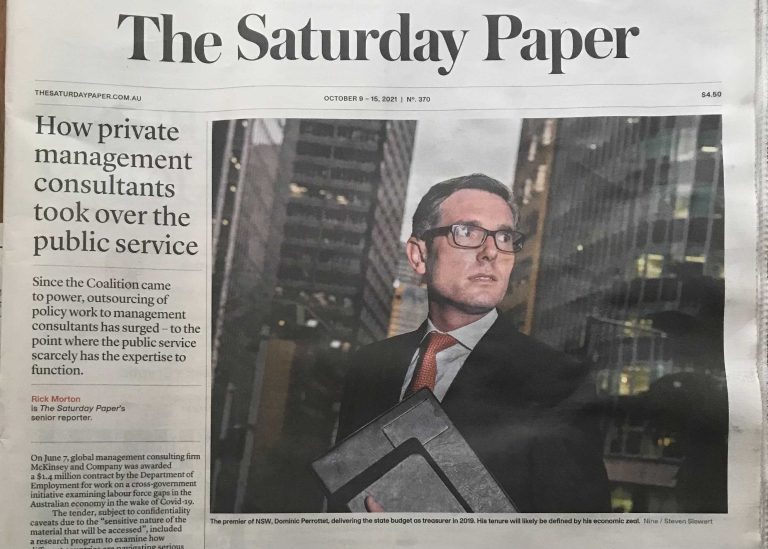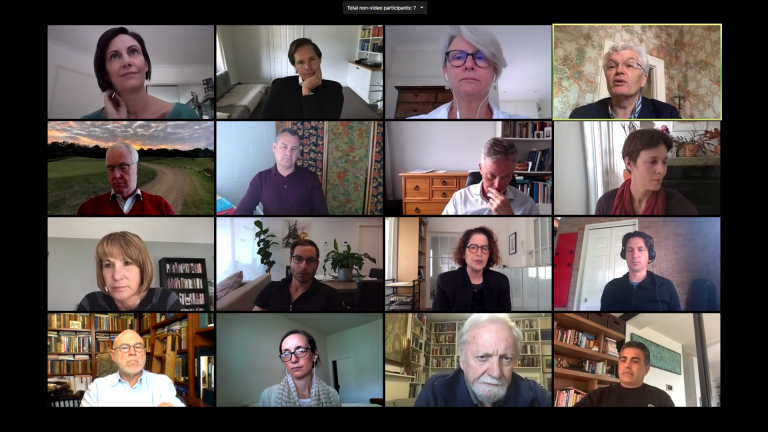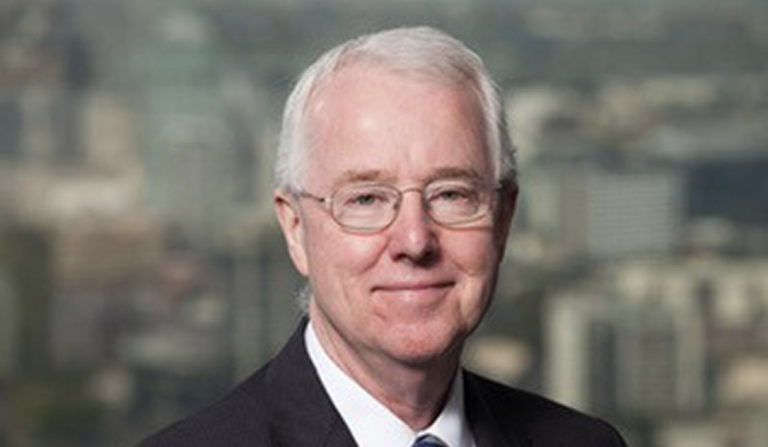If our democracy is to survive, it requires deliberation. Democracy requires deliberation for three reasons.
1. To enable citizens to discuss public issues and form opinions;
2. To give democratic leaders much better insight into public issues than elections are able to do;
3. To enable people to justify their views so we can sort out the better from the worse.
Deliberative democracy is not new. Citizen deliberation was the hallmark of Ancient Greece, and the town hall meetings of emerging democratic states of the western world. It reappeared in the USA in the early 20th Century only to disappear again after World War II. It could be that the time is right again for increased participation.
Why now?
Due to the endemic conflict and polarisation of our democratic processes, they are becoming increasingly dysfunctional. This is exacerbated by the media’s obsession with ‘infotainment’. Better decisions are becoming harder to make. Politicians and bureaucrats have little idea about what citizens – their constituents – value and hope for. Neither frequent polls, nor elections, or even referenda, give sufficiently meaningful information to understand this. Also citizens demanding better government often get it. If politicians expect citizens will hold them accountable, they are more likely to behave more temperately and accountably. The public are increasingly wary about the power of special interest groups and more likely to cry foul when the greatest rewards go to the best-organised few. Citizens are becoming increasingly aware about what is needed for a sustainable future, more capable of asking difficult questions, and more willing to participate in making this happen. From the viewpoints of both decision makers and the public, this re-emergence of deliberative democracy could well be a response to facing up to our past failures in community consultation, and recognising that there must be a better way. Why? Because in Australia, as in other western democracies, civic disengagement is rife. Special interest groups have captured the agenda. Our attempts to involve people have often resulted in increasing their cynicism, and reducing their appetite even further to invest in civic life. As a consequence, social capital declines further.
How to Respond
So, how could we choose to do it differently? Unfortunately, there is no tried and true way. Most western democracies are still in the stage of early innovation. But we can learn from those who have been pioneering. After the facilitation of countless community engagement exercises, it has become apparent that there are two critical preconditions for effective deliberative democracy. The first is to create an environment of trust – in the language of dialogue – a ‘container’ in which honest and open dialogue can take place and people are clear that it will matter. The second is to create the conditions for participants to reframe the issue so alternative and emergent solutions or trade-offs are possible. We have stumbled upon a useful set of building blocks that maximise the opportunities to establish trust and reframe. These building blocks tend to act synergistically. They involve:
- participants who are representative of the population;
- a focus on thoroughly understanding the issues and their implications;
- serious consideration of differing viewpoints and values;
- a search for consensus or common ground; and
- the capacity to influence policy and decision-making.
Representativeness enables us to engage ‘disinterested’ citizens, who can take seriously the long-term or wider view, which is dependent on a measure of disinterest. This inevitably changes the focus. Honest and open deliberation based on comprehensive, ‘open book’ information and careful consideration of differing viewpoints, enables expansive, creative thinking. This is very different to advocacy and debate. The search for common ground enables full consideration of numerous potential solutions and numerous potential trade-offs required to achieve worthwhile end goals. This is very different to polarisation. Having the capacity to influence ensures participants take their deliberative responsibilities seriously. There is a qualitative difference in how people interact when they know the outcome is likely to be enacted. Using these building blocks, our aim is to grow a collaborative environment where our community takes joint responsibility for creating the quality of life we envision for ourselves. In so doing, we will be gradually increasing social capital.



